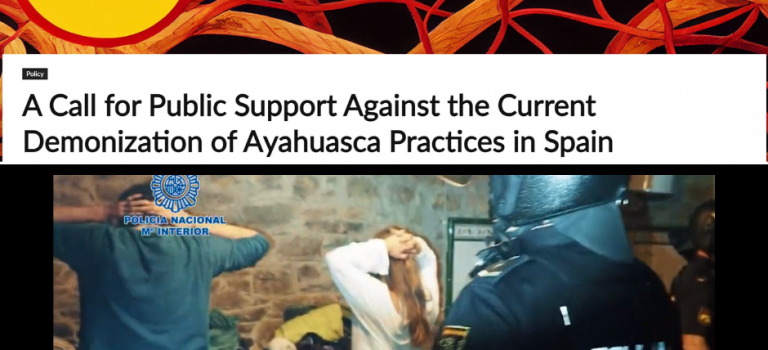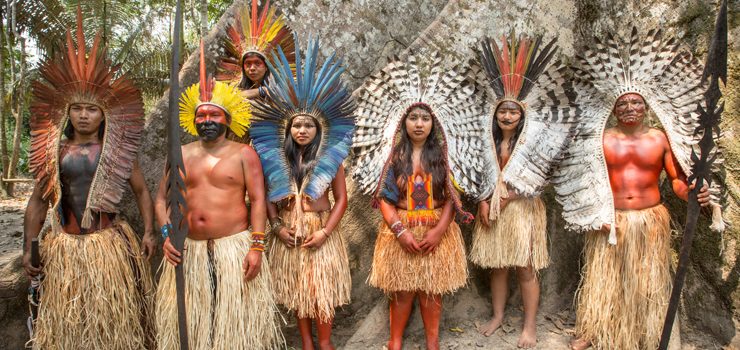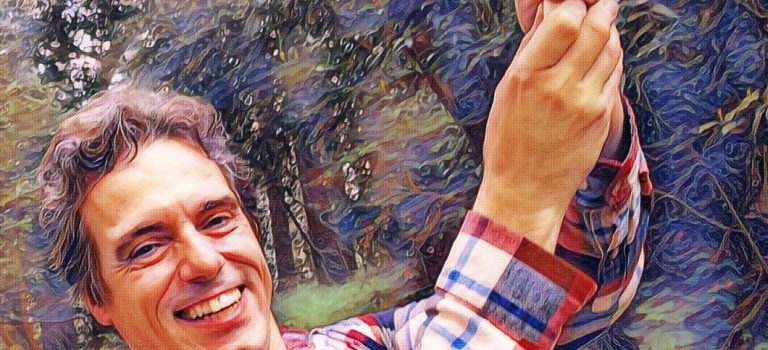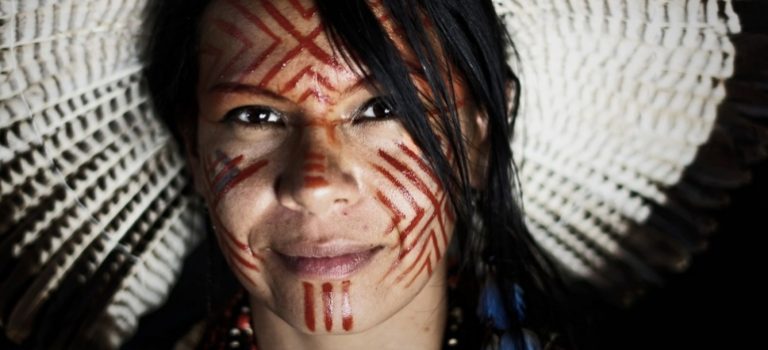The repeated cases of police raids on ayahuasca ceremonies are part of an intentional campaign of “fear, mistrust and misinformation” aimed at calling into question an ancestral practice that offers numerous benefits for its participants, benefits repeatedly supported by science.
The harassment of Amazonian drink facilitators in Spain has raised a wave of rejection among the international scientific community. More than a hundred leading scholars, psychologists, anthropologists and activists have endorsed the article/manifesto published by the Chacruna Institute and signed by Bia Labate, Henrique Fernandez Antunes, Galuber Loures de Assis and Clancy Cavnar with the title ‘A Call for Public Support Against the Current Demonisation of Ayahuasca Practices in Spain’.
Among the signatories of the manifesto are Rick Doblin, founder of MAPS; David Bronner, CEO of Dr. Bronner; anthropologist Edward MacRae, leading scholar of the Santo Daime cult; Helle Kaasik, Ayahuasca researcher; Doctor of Pharmacology José Carlos Bouso; psychiatrist and writer Ben Sessa and Spanish researcher Carlos Suárez Álvarez.
Read more


